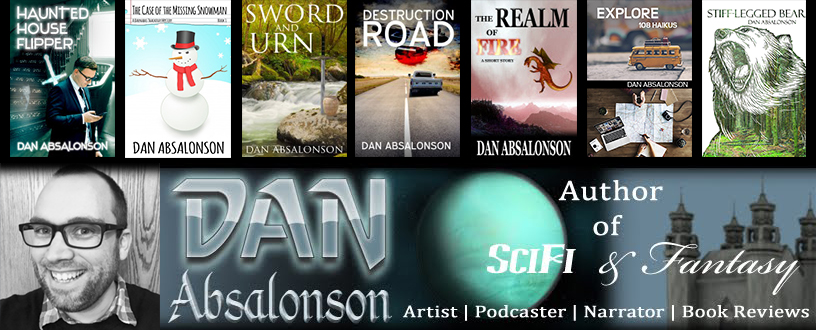As the smash hit HBO series Game of Thrones rolls up to its fifth season, it's a good time to take a second look at what scriptwriter David Benioff has described as "The Sopranos meets Middle Earth." Is the clamoring fan base invested now for its freshness and originality of concept, or are we simply retreading a well-worn tire? The Song of Ice and Fire series by author George R.R. Martin, on which the TV series is based, has a meticulous fan-base who have drawn parallels between it and other works.
In brief, the story introduces the land of Westeros, where seasons can last for years. As the threat of a long winter begins to loom, King Robert selects Eddard Stark as his second in command after the passing of his former hand Jon Arryn. Stark soon uncovers a possible conspiracy that snuffed out Arryn and might be aiming for the king next. Soon after King Robert's death, a power struggle for the throne ensues, with various relatives making claims. The vast empire breaks up into squabbling factions, and lots of intrigue spiced up with the occasional dragon happens.
 When it's all said and done, can any work of high fantasy be taken for the wholly original one? We've been doing this at least since the tales of King Arthur, and even those borrowed from Welsh poetry and Breton history. If it has a sword, a castle, a king, or a dragon in it, it has roots we could probably trace to the beginning of civilization. In the case of Song of Ice and Fire, the sprawling epic series, by the author's own admission, borrows from both fictional and real-life sources.
When it's all said and done, can any work of high fantasy be taken for the wholly original one? We've been doing this at least since the tales of King Arthur, and even those borrowed from Welsh poetry and Breton history. If it has a sword, a castle, a king, or a dragon in it, it has roots we could probably trace to the beginning of civilization. In the case of Song of Ice and Fire, the sprawling epic series, by the author's own admission, borrows from both fictional and real-life sources.
The idea of a parallel world with slightly different rules borrows from Tolkien's Lord of the Rings setting, Middle Earth. Quite a bit of the rip-roaring action combined with Medieval sexual politics borrows from Howard's Conan series and its subsequent film Conan the Barbarian (which is also being screened this month on DirecTV’s El Rey network). Of course, inspiration from Arthurian legend means that T.H. White gets the nod of recognition coming straight from the Disney classic The Sword in the Stone. Martin has also mentioned Tad Williams' Memory, Sorrow, and Thorn series. Martin has also praised the works of historical fiction authors including Bernard Cornwell, Thomas B. Costain, Frank Yerby, Sharon Kay Penman and Philippa Gregory; his interest, he has said, is perked by these authors showing the Middle Ages in gritty reality as opposed to Disney fantasy.
The difference here is one of separations from reality. If your story concerns itself entirely with whether a maiden will or will not get to kiss a prince with the aid of a fairy godmother and some singing mice, that's high fantasy. If your story is more concerned with day to day lives including the frank discussion of sex and pragmatic matters of logistics and plumbing in eighteenth century castles, plus people dying in droves, that's "low fantasy." It could be said that low fantasy is to high fantasy what cyberpunk is to science fiction. In fact, the same distinction can be made in any genre; Westerns can be divided into both romanticized tales of heroic gunslingers and grungy historic fiction of the Antebellum era.
In addition to fictional works, Martin alludes to many historical inspirations. The vast, sprawling family trees that sometimes intertwine are a famous feature of many historic dynasties from Feudal Europe to Imperial China. There are influences from religion and mythology, both Pagan and Abrahamic. Even the Red Wedding scene mirrors the actual event of the Glencoe Massacre of 1692. And the Great Wall of China, it turns out, isn't the only famous barrier protecting a kingdom; Martin based the wall that protects Westeros on the Hadrian Wall of Scotland.
Again, no substantial work of fiction set in the Medieval era can be wholly original. It's the most well-trod path in fiction; knights and chivalry have been around far longer than cowboys and sheriffs, who in turn have been well mythologized before the era of hackers and mad scientists got established. George R.R. Martin, like Tolkien and Howard before him, brings us his unique view of a very familiar genre, which is what makes it so special.

This awesome article was written by Maria Jane. Click on the label Maria Jane below to find more articles on this website written by her. This is the first article she's had published on this site but it's likely that there are more articles now at the time you're reading this :)



No comments:
Post a Comment